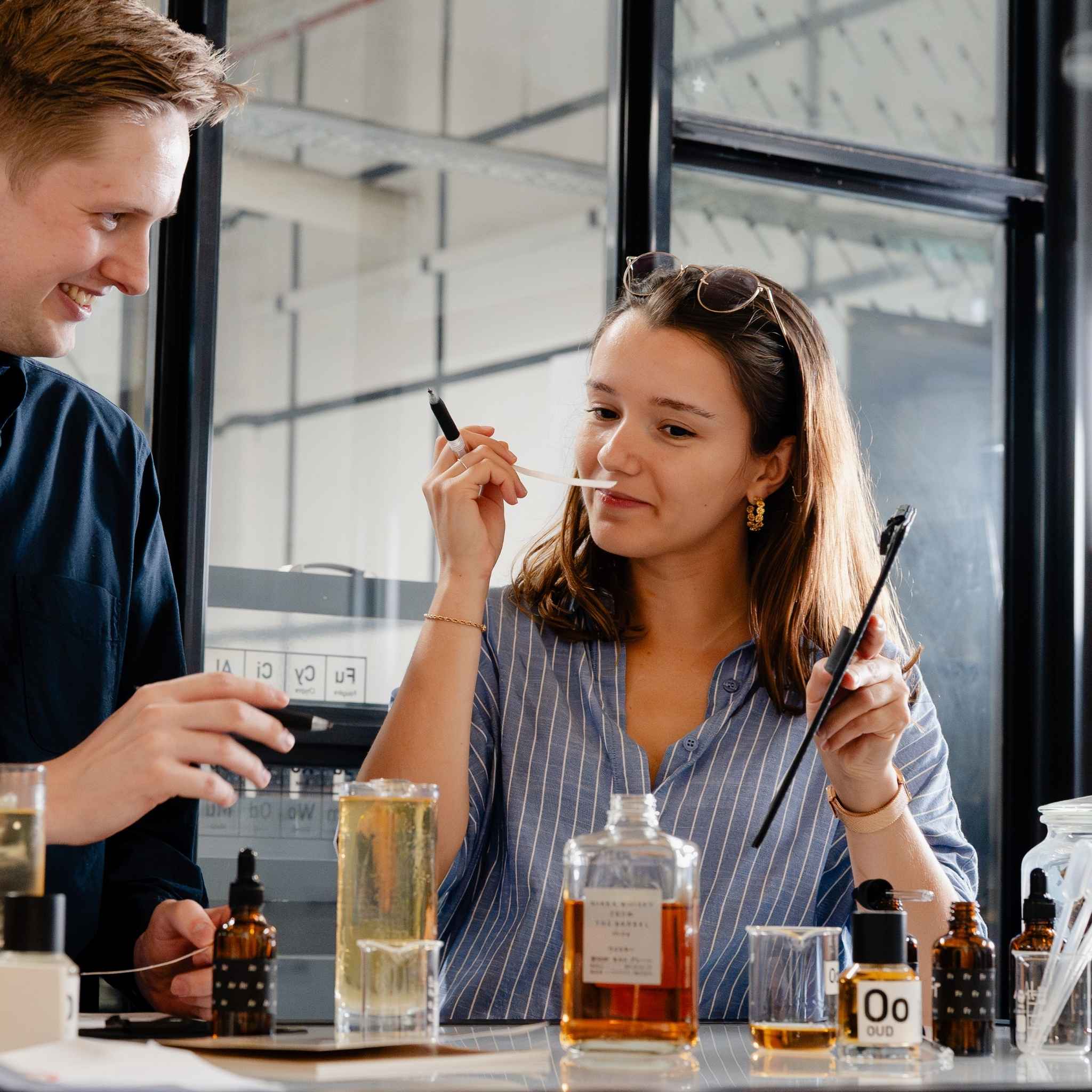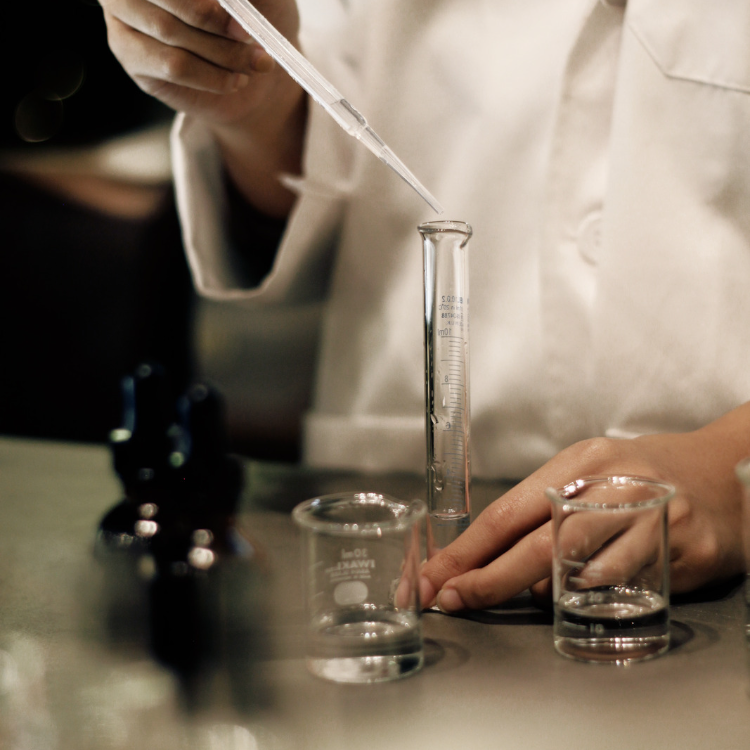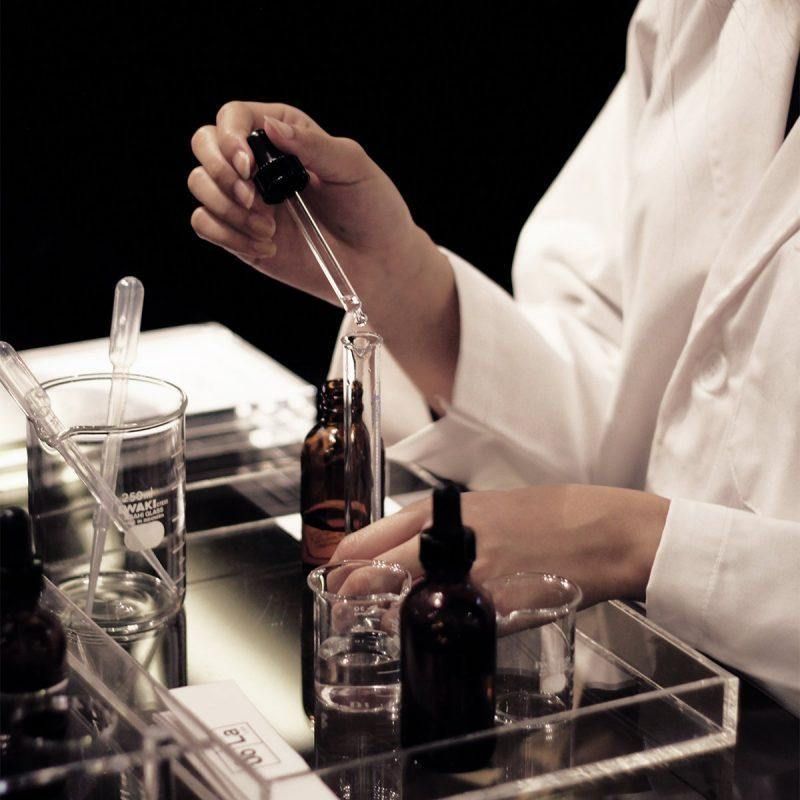The Science of Smell: From Baby's Breath to Teenage Tendencies

The journey from infancy to adolescence is marked by many changes, both physical and emotional. Among these changes, perhaps one of the most intriguing is the transformation in body odour. Recent research has shed light on the distinct smells associated with different stages of development, offering insights into the chemistry behind our unique scents.
A study conducted by Helene Loos and her colleagues at Friedrich-Alexander University in Germany delved into the world of body odours, particularly focusing on the transition from childhood to adolescence. Using specially adapted clothing with cotton pads sewn into the armpits, the researchers collected samples from infants under three years old and teenagers aged 14 to 18.
What they found was fascinating. Teenagers, in the throes of puberty, exhibited higher levels of two particular chemical compounds – 5alphaandrost-16-en-3-one and 5alphaandrost-16-en-3alpha-ol – which emit odours reminiscent of sweat, urine, musk, and sandalwood. Additionally, teenagers had increased levels of six carboxylic acids, contributing to scents like cheese, goat, and wax.
On the other end of the spectrum, infants exuded a different aroma, characterized by higher levels of a ketone called alpha-isomethyl ionone. This compound is known for its floral and soapy scent, with a hint of violet.
These findings not only provide insight into the chemical makeup of body odours but also offer practical implications. The discovery of these specific compounds could lead to the development of deodorants that effectively mask these scents, addressing a common concern for teenagers and their parents alike.
Moreover, the study highlighted the impact of body odours on parent-child interactions. The pleasant and rewarding nature of infants' body odours is believed to facilitate parental affection, while the less pleasant smells associated with pubertal children can create challenges in parental recognition during this developmental stage.
Overall, this research underscores the complexity of our olfactory experiences and the profound role that smell plays in our lives. From the sweet fragrance of a newborn to the pungent odour of adolescence, our sense of smell serves as a powerful tool, shaping our perceptions and interactions with the world around us.






